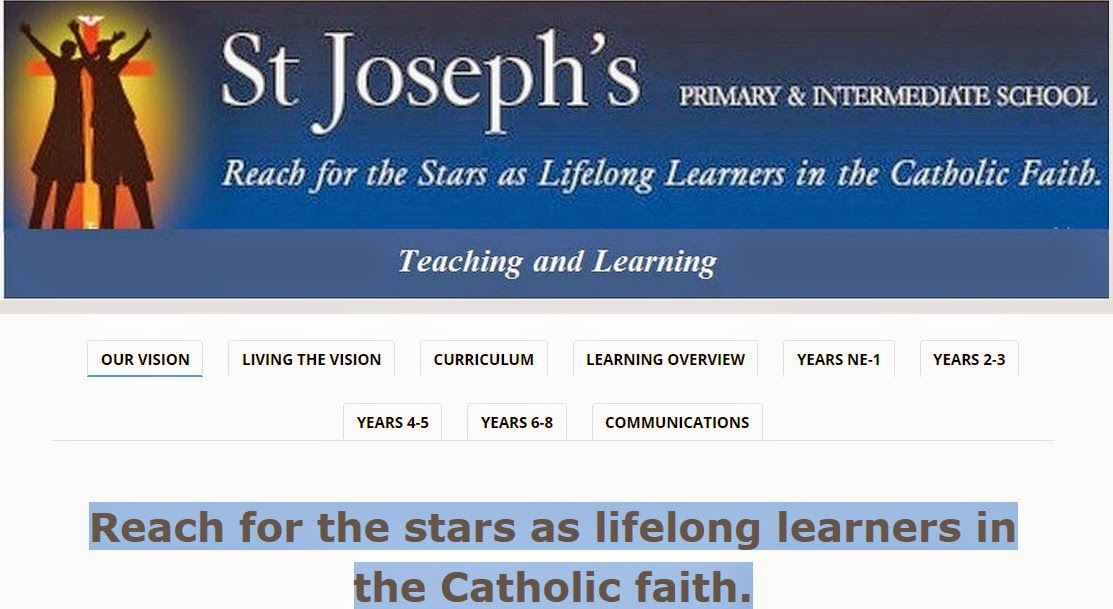Brian emphasized that the power of student agency shouldn't be confused with student voice. Student's learning must be driven by their own evaluation. They must be able to articulate what they need to change to take their learning forward. This is what must drive 'teaching as inquiry'. We need to move away from teacher ownership of the learning and change ideas and practices that we believe will support change. Instead we need to enable the students to articulate and action these.
For the last few years, as a staff we have been actively reflecting on our own pedagogical practice. We have been deliberately actioning change in our own practice to accelerate learning and achievement for our priority learners.
Yet, at times, we were still "doing learning to" or "doing learning for" the students. How can we ensure that they truly take ownership of the learning process themselves ? They need to practice, to fail, to get stuck, to try again and to succeed on their own in order to experience authentic engagement in learning. They need to reflect on their learning and articulate what they need to change to take their learning forward and to a deeper a level. They need to drive their own learning.
We also need to involve parents in as much of this process as possible. We need to support parents to articulate what they can do to contribute to the learning process too.
How can we support students and parents to reflect on purposeful learning and change ?
How can we support students and parents to reflect on purposeful learning and change ?
Last week, we attended a Learning and Change Regional networking day. The evaluative conversations that were part of the day focused on the wealth of informative knowledge that can come from "Learning Maps" and one minute videos. I decided that we need to revisit these authentic modes of data gathering as well as utilize google forms (surveys) to capture engagement and growth in learning and change for our whole community this term.
Here is a link to a video of TeAwitu a young boy, sharing his evaluative Learning Maps and Eli doing the same at this link.
Here is a link to a video of TeAwitu a young boy, sharing his evaluative Learning Maps and Eli doing the same at this link.
We are going to start with a short learning survey for students, staff and parents. It was through a discussion about videos with a colleague, that I decided to ask our community in the survey if they would like to share their answers in a video. It helps to have time to reflect on a response. Even articulate adults need a chance to reflect to prepare authentic and succinct responses that truly capture the essence of their own learning and change.
These are the questions for the surveys that have already been shared. All students who respond will go into the draw for a $50 gift card.
What has gone well for you in your learning this term ?
What needs to change to make learning better for you ?
What are you looking forward to next term ?
Would you be willing to speak on a short video about this ?
Year 3-4 students will be able to complete a paper version. I will personally interview a selection of younger students.
Staff will also complete a survey. It is important that they have a chance to reflect and share feedback as we prepare for the new term.
Staff Google Form
What has worked well for you this term ?
What has been challenging this term ?
What would you like to change to make the next term better for you ?
Would you be willing to speak on a short video about this ?
Parents and caregivers also need a chance to reflect and give feedback. This form has been shared on our weekly school newsblog and on our school Facebook Page.
Parent Google Form.
What has gone well for you and your child with learning this term ?
What has been challenging ?
What would you like to change ?
Would you be willing to speak on a short video about this ?
As the responses to the surveys start to come in, we can begin to capture the authentic voice of a whole community involved in learning and change. Video interviews and learning maps will provide further evidence of learning and change reflections that will inform future and purposeful growth for the whole community.











